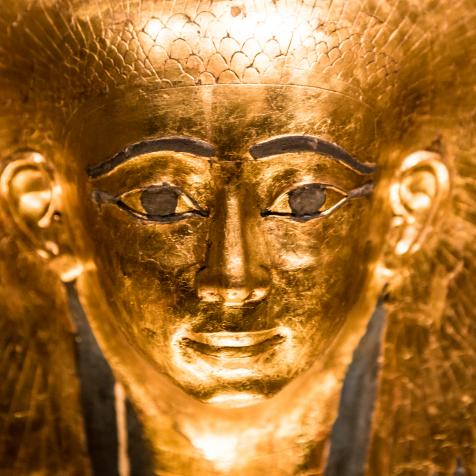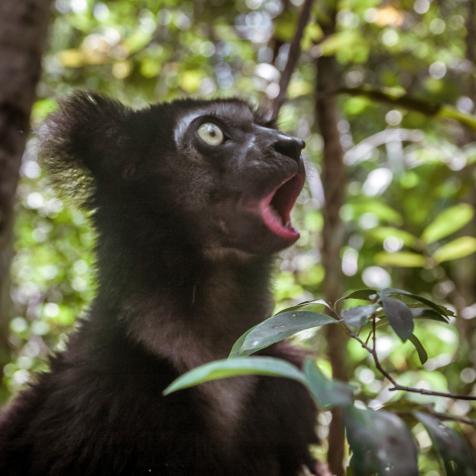
Curiosity Daily Podcast: Natural vs. Artificial Ingredients, Why the Return Trip Feels Shorter, and Africa Splitting in Half
Learn about the difference between natural and artificial ingredients; why Africa is physically splitting into two continents; and why the return trip always feels shorter than the original trip.
Episode Show Notes:
In this podcast, Cody Gough and Ashley Hamer discuss the following stories from Curiosity.com to help you get smarter and learn something new in just a few minutes:
- What's the Difference Between Natural and Artificial Ingredients? — https://curiosity.im/2txAmI0
- Africa Is Physically Splitting Into Two Continents — https://curiosity.im/2ttaMEe
- Why Does the Return Trip Always Feel Shorter? — https://curiosity.im/2SYRC8u
If you love our show and you're interested in hearing full-length interviews, then please consider supporting us on Patreon. You'll get exclusive episodes and access to our archives as soon as you become a Patron! https://www.patreon.com/curiositydotcom
Download the FREE 5-star Curiosity app for Android and iOS at https://curiosity.im/podcast-app. And Amazon smart speaker users: you can listen to our podcast as part of your Amazon Alexa Flash Briefing — just click “enable” here: https://curiosity.im/podcast-flash-briefing.
See omnystudio.com/listener for privacy information.











